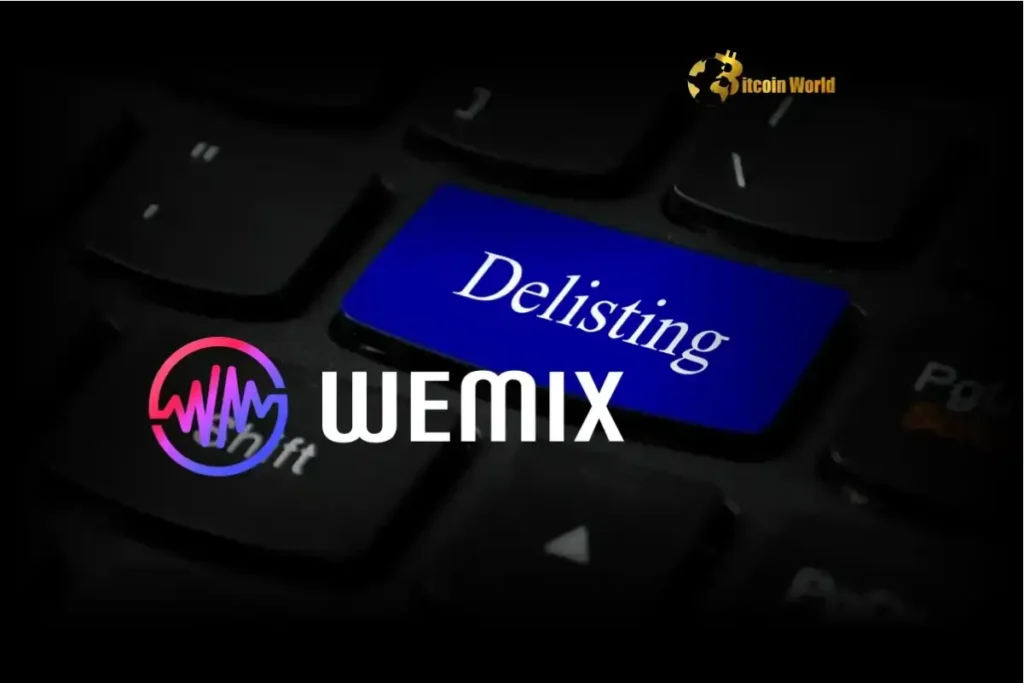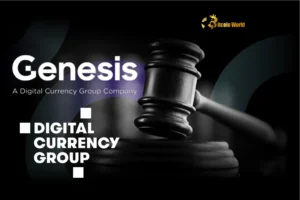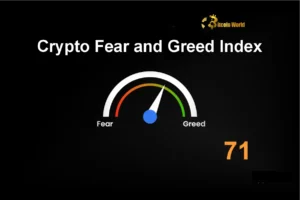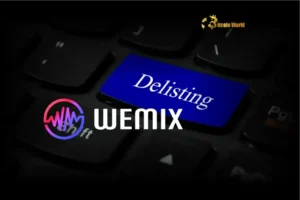WEMIX Delisting Outrage: South Korean Investors File Petition

BitcoinWorld
WEMIX Delisting Outrage: South Korean Investors File Petition
The world of cryptocurrency is often marked by rapid developments and significant volatility, and nowhere is this more apparent than when a major token faces delisting from trading platforms. For holders of the WEMIX token in South Korea, this reality has hit hard, leading to a significant backlash against local exchanges and their alliance, DAXA. A large group of investors has decided to fight back, filing a formal petition that could have far-reaching implications for the crypto market in South Korea crypto ecosystem.
What Triggered the WEMIX Delisting Dispute?
The core of the current controversy revolves around the decision by members of the Digital Asset eXchange Alliance (DAXA) to remove the WEMIX token from their trading lists. DAXA, which includes major South Korean exchanges, cited concerns regarding the token’s reliability and security as the primary reasons for this drastic action. This isn’t the first time WEMIX has faced such a challenge, adding another layer of complexity to the situation and fueling frustration among its community.
Delisting a token is one of the most severe actions an exchange can take. It essentially cuts off liquidity and access for investors holding the token on that platform, often leading to a sharp decline in price and significant financial losses. For many crypto investors, a delisting announcement is a moment of panic and uncertainty.
DAXA’s role is to provide a level of self-regulation among its member exchanges, aiming to protect investors and maintain market integrity. However, decisions like the WEMIX delisting, especially when perceived as sudden or lacking transparency, can erode trust and spark significant opposition from the very investors they aim to protect.
Investors Strike Back: The Petition Against DAXA
In response to the WEMIX delisting decision, a substantial group of crypto investors in South Korea has taken collective action. According to reports, a petition backed by a considerable number of affected individuals has been formally filed. This isn’t just a handful of disgruntled traders; the petition is reportedly supported by 3,150 investors, demonstrating the scale of the discontent.
Their central argument is that DAXA made a ‘unilateral decision’ to delist WEMIX. The investors claim there was insufficient communication or cooperation among the trading platforms involved in the alliance before the decision was announced and implemented. This lack of perceived transparency and consultation is a key point of contention, with investors feeling blindsided and unfairly treated.
The petition serves as a formal protest, aiming to challenge the legitimacy and fairness of DAXA’s delisting process in this specific instance. It highlights the power dynamics between exchange alliances and individual investors, bringing to the forefront questions about due process and accountability in the rapidly evolving South Korea crypto market.
Seeking Justice: The Seoul Court Hearing
The dispute has now escalated beyond the crypto exchanges and into the legal system. Recognizing the gravity of the situation and the formal challenge posed by the investors’ petition, the Seoul court has scheduled a hearing to address the matter. The hearing is set to take place on May 23.
This court date is a critical development. It means the arguments from both sides – DAXA defending its decision based on reliability and security concerns, and the investors challenging the process and its impact – will be heard in a legal setting. The court’s decision could potentially impact the status of the WEMIX token on the affected exchanges, or at the very least, set a precedent for how future delisting decisions are made and challenged within the South Korea crypto regulatory landscape.
For the 3,150 crypto investors involved, the court hearing represents a crucial opportunity to seek recourse and potentially reverse or mitigate the effects of the delisting. It underscores the growing willingness of crypto holders to use traditional legal avenues to protect their investments and challenge decisions made by powerful market participants like exchange alliances.
Understanding the Implications for WEMIX and the Market
The outcome of this legal battle has significant implications, not just for WEMIX and its holders, but for the broader South Korea crypto market and potentially other jurisdictions. Here are a few points to consider:
Investor Confidence: The way this dispute is handled will impact investor confidence in both the WEMIX project and the reliability of South Korean exchanges and DAXA.
DAXA’s Authority: The court’s ruling could either reinforce or challenge the authority and procedures of DAXA in making critical market decisions like delistings.
Precedent Setting: A legal precedent could be set regarding the rights of crypto investors when faced with exchange delistings and the level of transparency required from exchanges or their alliances.
Regulatory Scrutiny: This high-profile case may draw further attention from regulators, potentially leading to clearer guidelines or regulations regarding exchange operations and delisting processes.
The situation highlights the ongoing tension between the need for market stability and investor protection, and the desire for clear, fair processes that don’t disproportionately harm individuals. The WEMIX delisting saga is a powerful reminder that even in the decentralized world of crypto, the actions of centralized entities like exchanges and their alliances have profound effects.
What’s Next for WEMIX Investors?
All eyes will now be on the Seoul court hearing scheduled for May 23. This date marks a pivotal moment where the legal arguments will be presented and assessed. Investors hope the court will consider their claims of a unilateral decision and the impact the delisting has had on their assets.
Regardless of the court’s immediate decision, this case has already achieved one thing: it has brought the issue of exchange delisting procedures and the power of alliances like DAXA into the spotlight. It serves as a call for greater transparency and potentially more robust processes to protect the interests of crypto investors in South Korea crypto landscape and beyond.
For those holding WEMIX or following the case, staying informed about the court proceedings and any subsequent developments is crucial. The outcome could influence future delisting events and shape the relationship between exchanges and their users.
Conclusion: A Critical Juncture for South Korea Crypto
The petition filed by 3,150 WEMIX investors against the DAXA-led delisting is more than just a single token’s struggle; it’s a significant legal challenge that tests the established norms of the South Korea crypto market. It underscores the growing assertiveness of crypto investors in protecting their rights and demanding fairness from the platforms they use. With the Seoul court set to hear the case on May 23, the eyes of the crypto world will be watching. The resolution of this dispute could establish important precedents for exchange accountability, investor protection, and the operational standards of alliances like DAXA, shaping the future of digital asset trading in the region.
To learn more about the latest crypto market trends, explore our article on key developments shaping crypto price action.
This post WEMIX Delisting Outrage: South Korean Investors File Petition first appeared on BitcoinWorld and is written by Editorial Team







